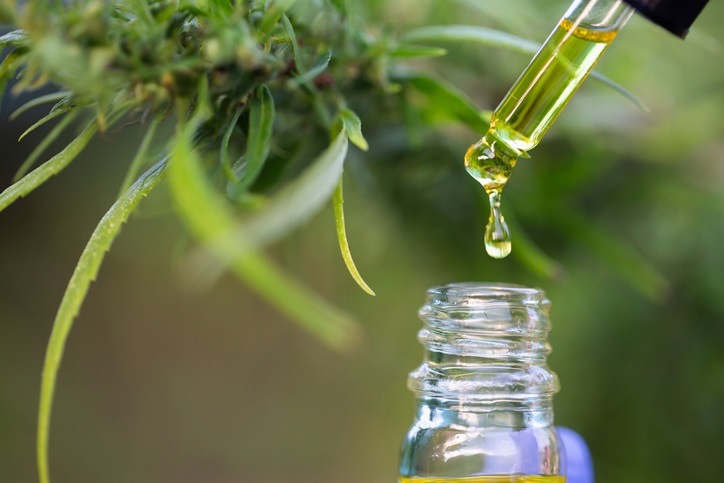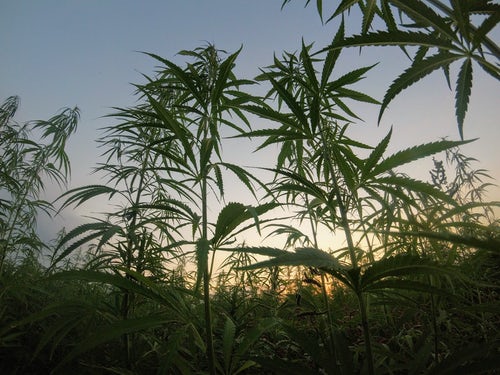Background
The use of cannabis for therapeutic benefit has risen exponentially over the past few years with strong public belief in its benefit.
This is despite very limited evidence of benefit and no clear guidance around which cannabinoid or combination to use for which indication and at what dose.
This trial aimed to determine whether cannabidiol (CBD), a key component of cannabis, resulted in better symptom control in patients with advanced cancer than standard palliative care.
About the study
This phase II randomized clinical trial assessed whether pure cannabidiol (CBD) oil (without THC) can improve symptom burden compared with placebo in patients with advanced cancer receiving standard palliative care.
There was no significant difference between the two groups.
CBD oil had no significant effect on the quality of life, depression, or anxiety.
These results indicate that CBD oil does not improve symptom burden in patients with advanced cancer.
Importantly, this study used pure CBD oil without THC. Future studies should evaluate the efficacy of THC in the improvement of symptom burden in patients with advanced cancer.
Purpose
To determine whether cannabidiol (CBD) oil can improve symptom distress in patients with advanced cancer receiving palliative care.
Methods
Participants were adults with advanced cancer and symptom distress who received titrated CBD oil 100 mg/mL, 0.5 mL once daily to 2 mL three times a day, or matched placebo for 28 days.
Results
Of the 144 patients randomly assigned, the planned sample size of 58 participants on CBD and 63 on placebo.
No significant difference was seen between arms.
Similarly, there was no detected difference in proportion of responders (placebo: 37 of 63, CBD: 26 of 58.
All components of which were measured improved over time with no difference between arms.
The median dose of participant-selected CBD was 400 mg per day with no correlation with opioid dose.
There was no detectable effect of CBD on quality of life, depression, or anxiety.
Adverse events did not differ significantly between arms apart from dyspnea that was more common with CBD.
Most participants reported feeling better or much better at days 14 and 28.
Conclusion
CBD oil did not add value to the reduction in symptom distress provided by specialist palliative care alone.
Talk to us so see if we can help you to actually get the most advanced treatments
TRIAL•IN Pharma
Because we, do not give up on life!
Contact us 24/7 –
Call center +44.2082.426.039












